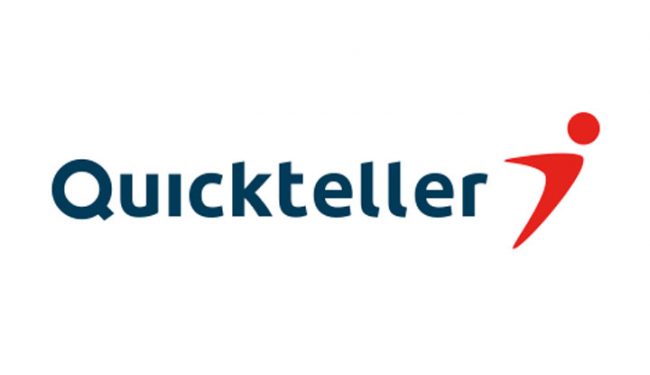The hotel business is a very lucrative one, in that it guarantees all season profit for its owner. This assertion is justified with the presence of hotels in every part of the country.
Although, hotel businesses are taking a new shift from the traditional like every other business, due to the emergence of the internet. COVID-19 lockdown has also contributed to changing the narrative. So, hotels that want to remain relevant must prioritize customer satisfaction; and satisfaction for the 21st-century customer is largely technology-inclined.
Beyond passing the night, travelers are seeking enough engagement and convenience, which is largely afforded by technology. Forward-thinking hoteliers are already embracing the shift from the traditional. With the existence of COVID-19 globally, the need to limit physical interaction in hotels have become important. Many hotels are integrating technology solutions to achieve this, because more than ever, today’s customers are more health and safety-conscious. Digital is the new currency in the hospitality industry.
In this post, I have identified technology trends that are shaping hotel businesses in Nigeria.
READ ALSO: #EndSARS Movement is Not over – Aisha Yesufu
Online Booking
The ability to book a room with an internet-connected device is one of the biggest trends in Nigerian hospitality outfits. This is a convenience many lodgers are not willing to pass on. As a result, many hotels now partner with hotel booking sites to enable visitors make reservations from their smartphones or computers with ease. Websites like hotelbooking.com.ng, and hotels.ng afford travelers the convenience of finding hotels that match their preferences and prices with just few clicks. With hotels.ng for instance, lodgers can search through over 13,050 hotels in Nigeria.
For hotels that have websites, it is important the websites are mobile-friendly, because many lodgers prefer to finalise their booking process on their smartphones.
Contactless Payment
According to Investopedia, contactless payment allows consumers to pay for goods and services using their debit or credit cards with RFID technology also known as chip cards or other payment devices without the need to swipe, enter a Personal Identification Number (PIN), and/or sign for a transaction. It could also take the form of using barcodes to effect payment without any contact.
With contactless payment, customers are able to save time spent on sorting through cash and cut down the risk of going around with money. It will enable lodgers interact with the hotel staff in a way that is contactless and immediate.
Although, contactless payment has not gained its foothold in Nigeria, stakeholders in the financial sector have been meeting on how this payment method will be integrated into Nigerian payment options, while embracing global best practices. The need to limit physical interaction as a result of the COVID-19 pandemic has strengthened this conversation.
Standard Nigerian hotels constantly witness the influx of foreigners. The time is near when there will be high demand for contactless payment especially by foreigners in whose country this method has gained its foothold. The demand will be largely hinged on health and security consciousness. Many European and Asian countries are fast embracing contactless payment. While PayPal is the norm in Europe, WeChat Pay & AliPay is widely adopted in Asia.
Online Rating
Many travelers check hotel review sites before making their bookings. According to TripAdvisor, 96% of bookers consider reviews important when researching a hotel. 85% of them agree that a thoughtful response to a review would improve their impression of the hotel. Customers go on Google, Facebook, TripAdvisor, amongst others for hotel reviews.
From the aforementioned, it is obvious that hotel reviews are one of the strongest sources of customers in the hospitality industry. It influences travelers’ decisions to book rooms and other services that a hotel has to offer.












